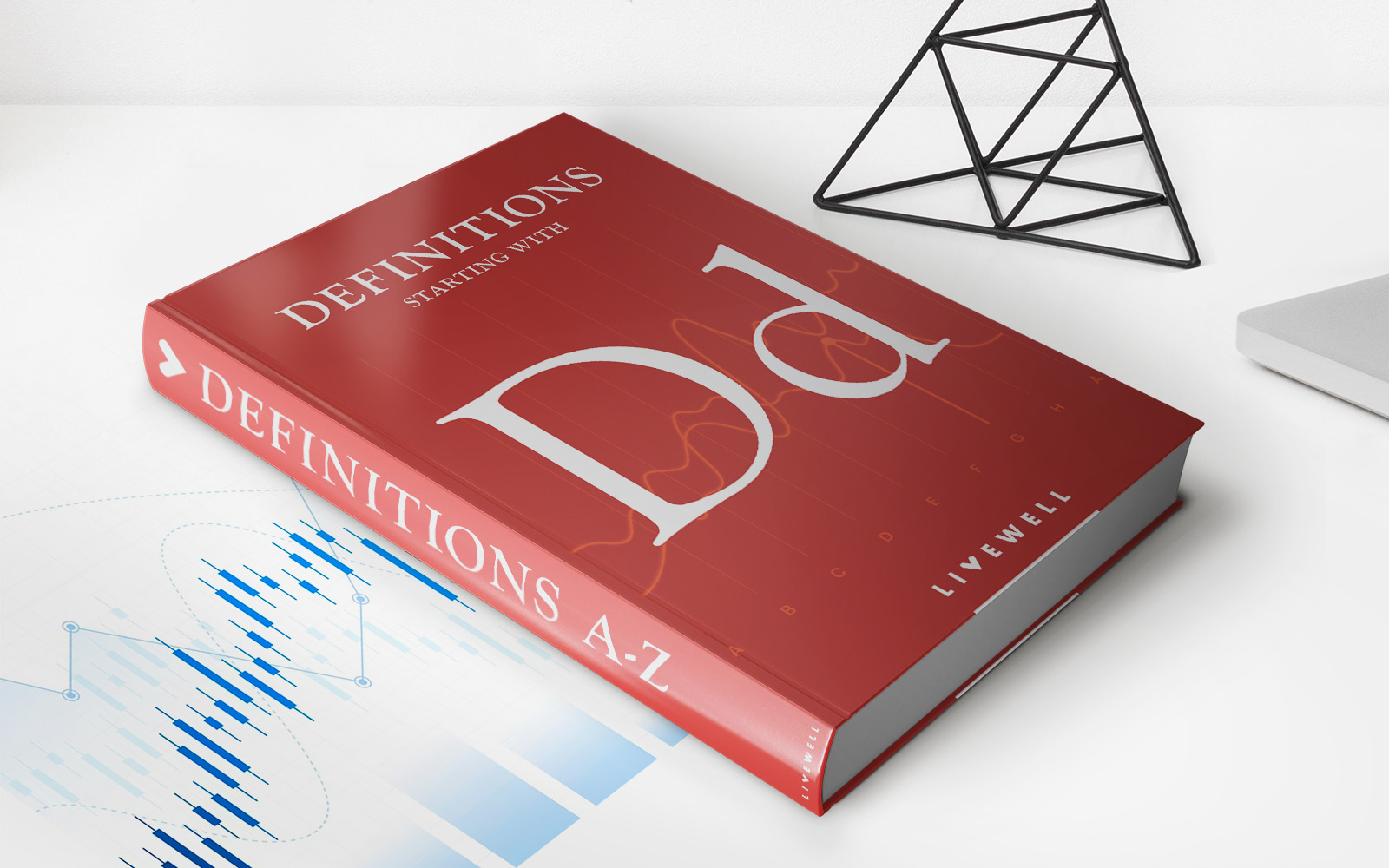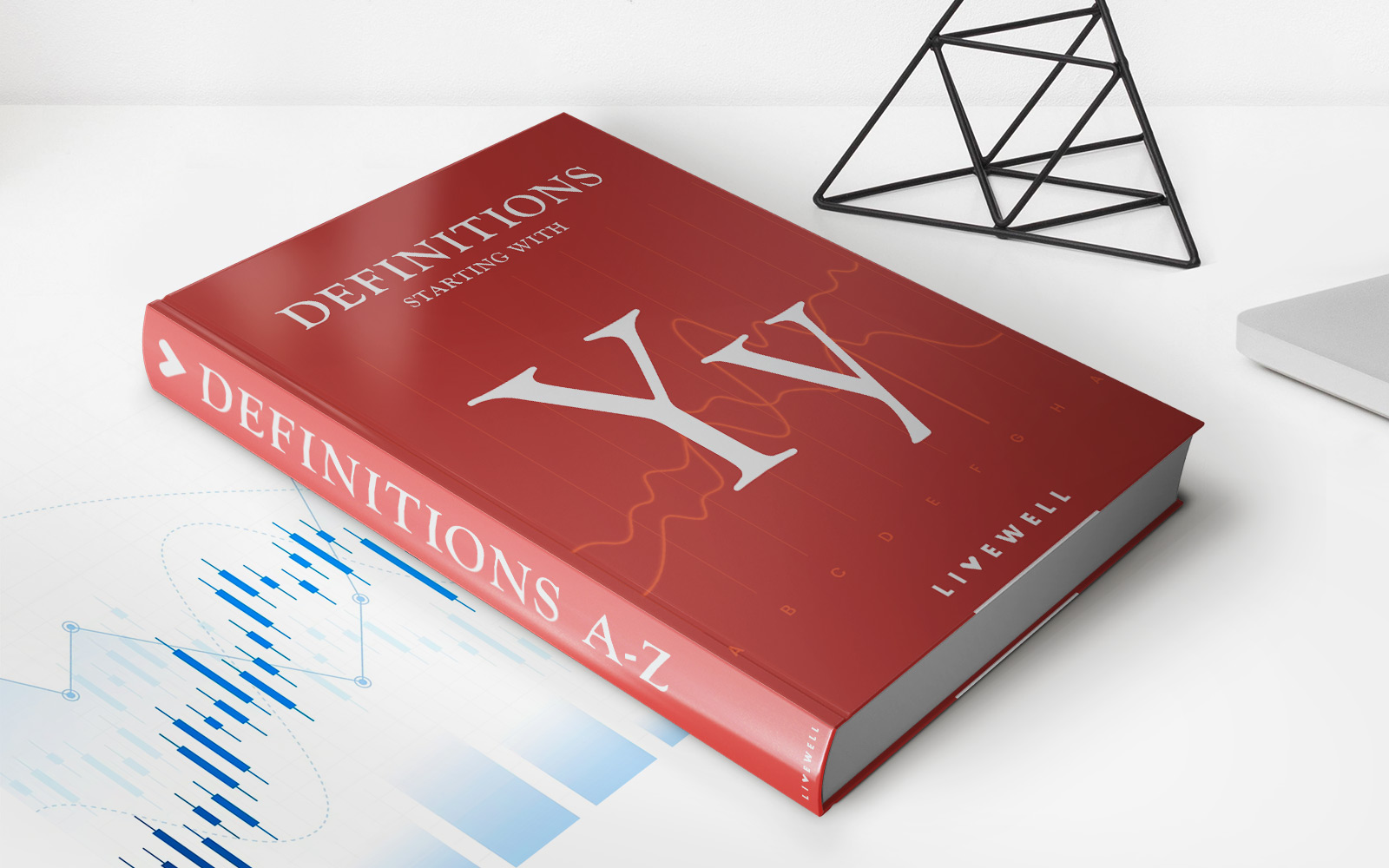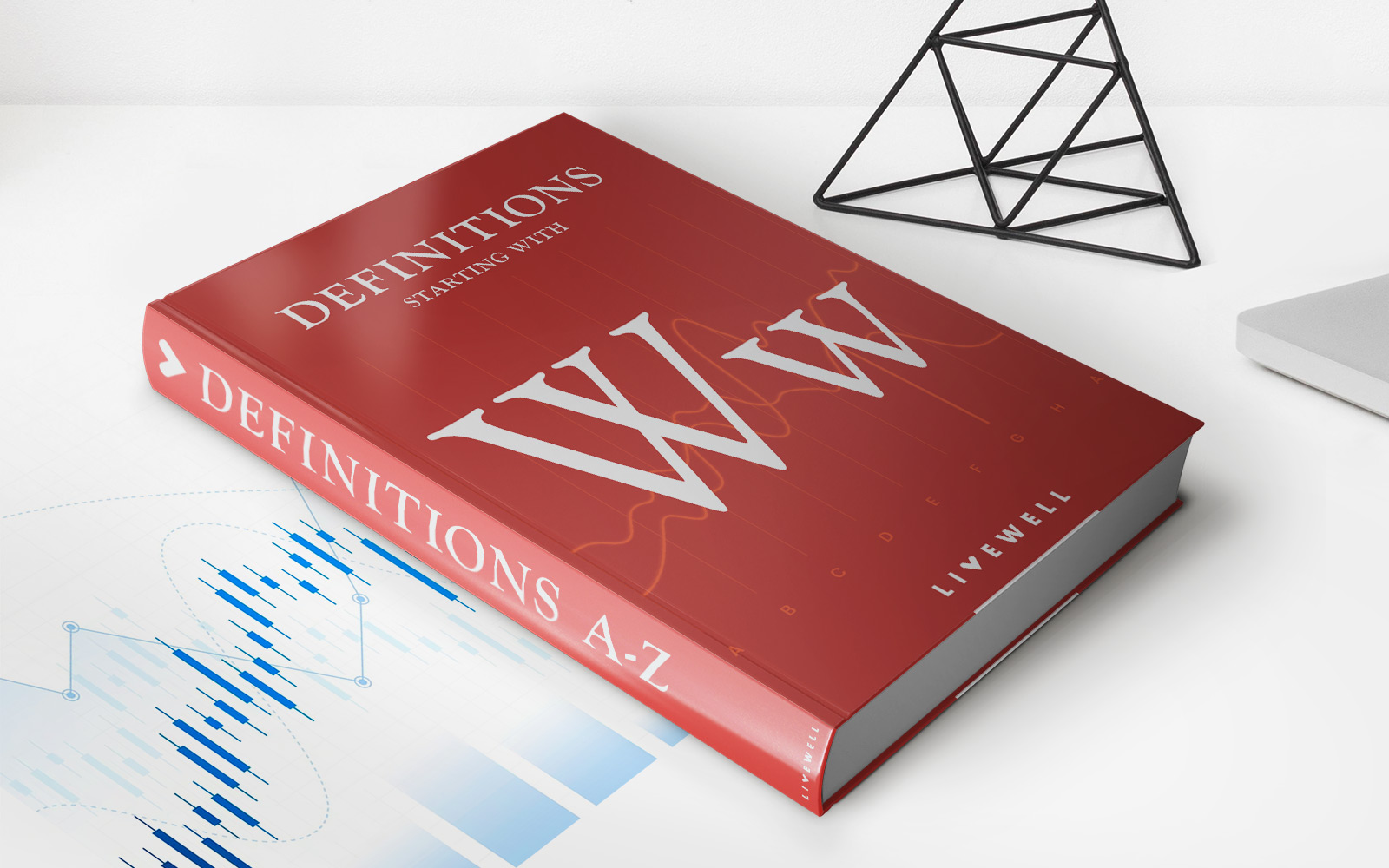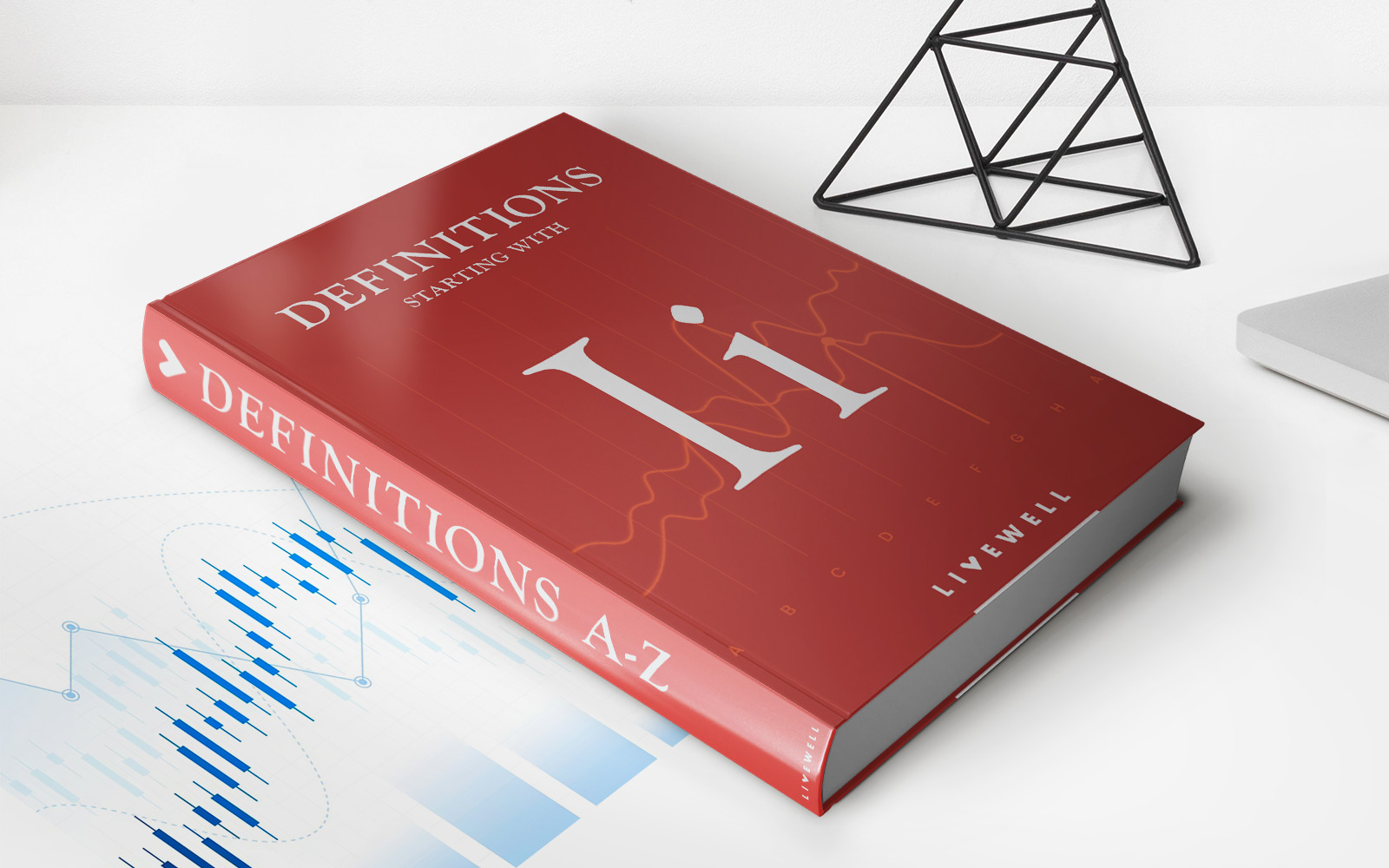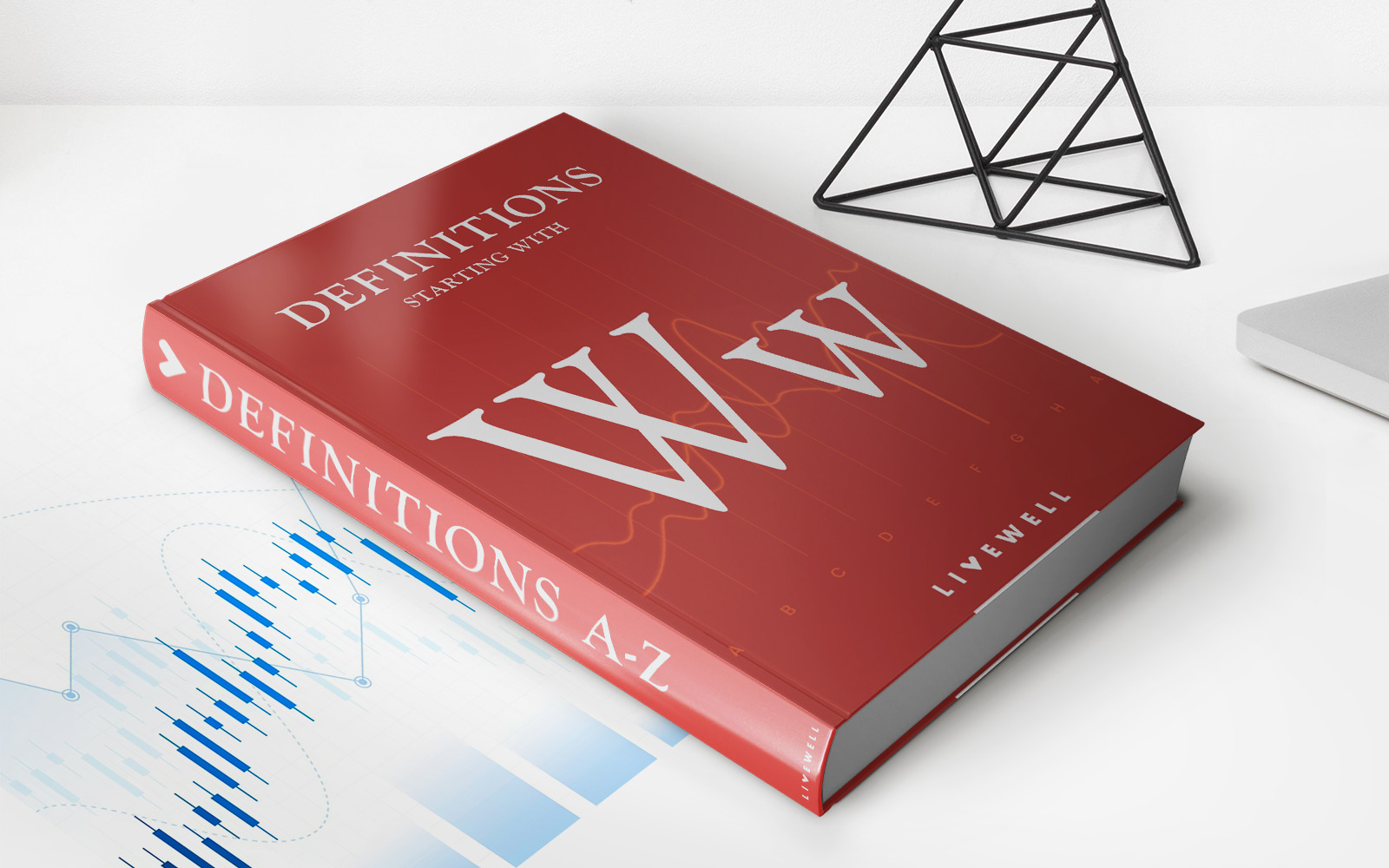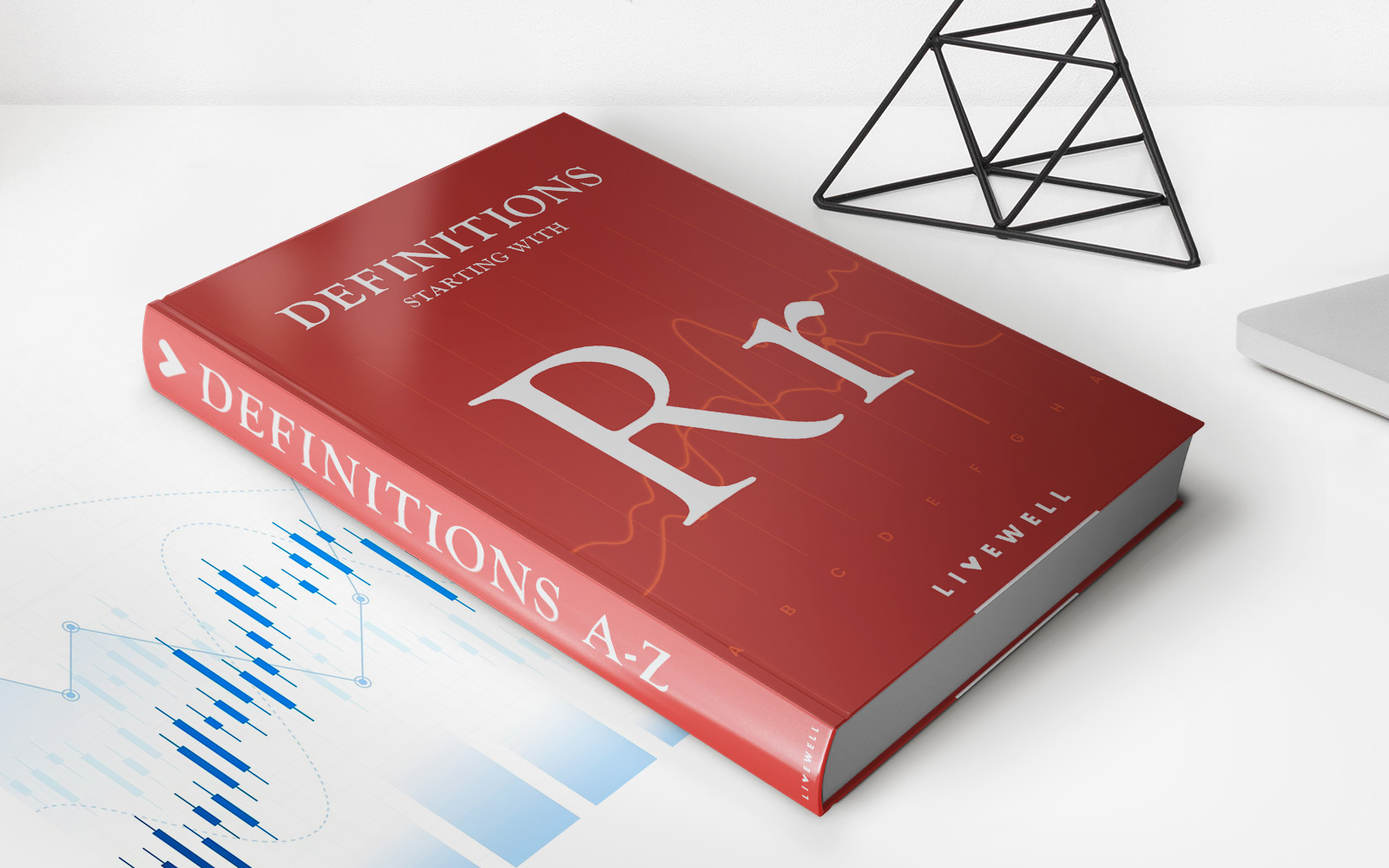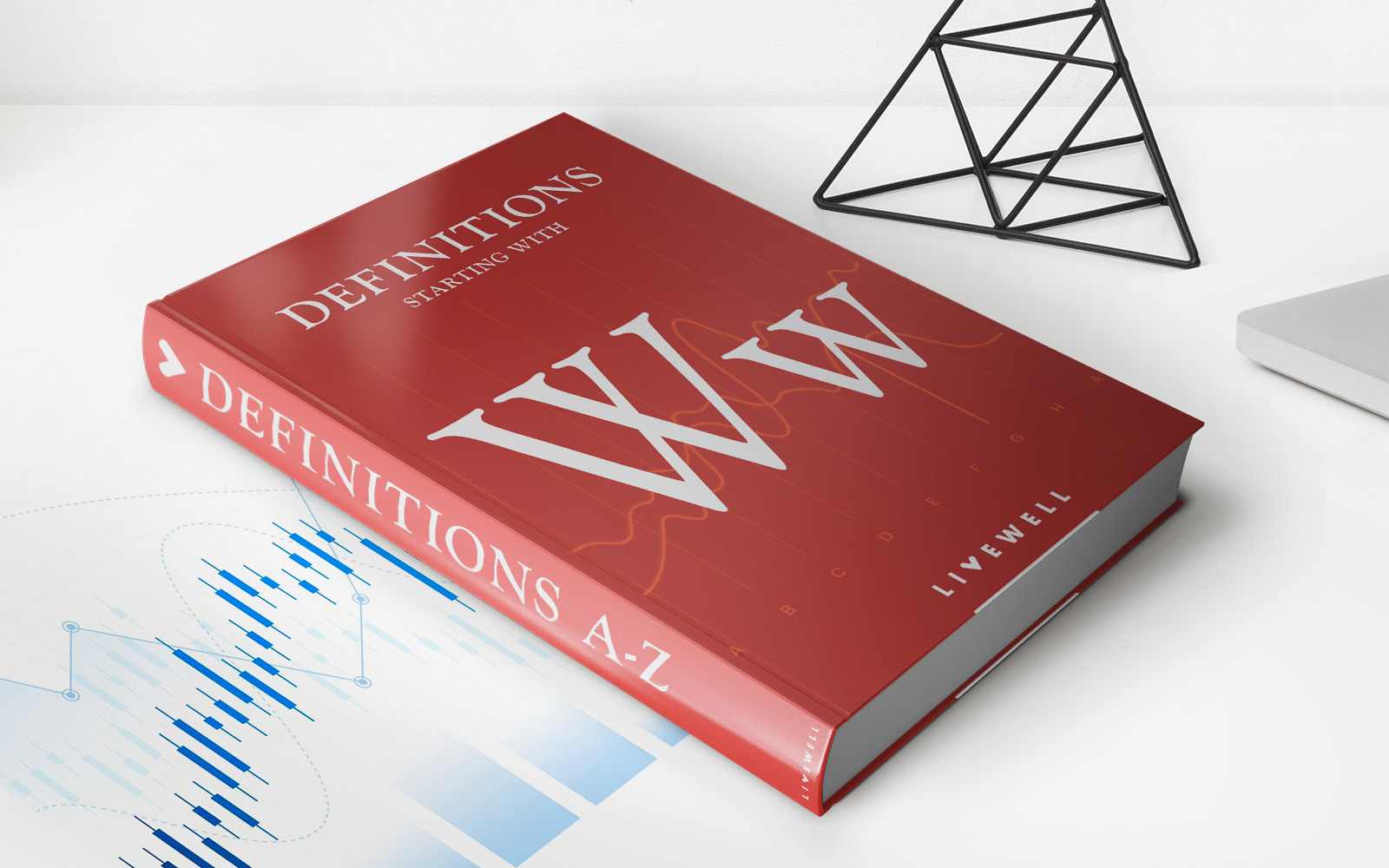

Finance
Weather Insurance Definition
Published: February 17, 2024
Discover the meaning of weather insurance in the world of finance. Protect your investments from unpredictable weather conditions with this essential coverage.
(Many of the links in this article redirect to a specific reviewed product. Your purchase of these products through affiliate links helps to generate commission for LiveWell, at no extra cost. Learn more)
Weather Insurance: Protecting Your Finances from Mother Nature’s Whims
When it comes to managing your finances, there’s no shortage of risks that can throw a wrench in your plans. From stock market fluctuations to unexpected expenses, it’s important to be prepared for whatever life throws your way. But what about the unpredictable weather? Can you protect your finances from the whims of Mother Nature? The answer is yes! Introducing weather insurance – a unique financial product designed to safeguard your income and assets from the unpredictability of the elements.
Key Takeaways:
- Weather insurance is a financial product that provides protection against losses caused by adverse weather conditions.
- It is used by a wide range of industries, including agriculture, entertainment, and travel, to mitigate the financial risks associated with weather-related events.
Weather insurance, also known as climatic insurance or rain insurance, is a specialized type of insurance that offers coverage against losses resulting from specific weather events. Whether it’s a drought impacting crop yields, a thunderstorm canceling an outdoor event, or a hurricane causing property damage, weather insurance can provide a financial safety net.
So, how does weather insurance work? It starts by assessing the historical weather data for a particular region and identifying the conditions that trigger a payout. This can include factors like rainfall levels, temperature extremes, wind speeds, or even the occurrence of specific weather events on specific dates. Once the triggers are established, policyholders can purchase coverage for the identified risks.
Weather insurance policies can vary widely depending on the needs of the insured party. For example, a farmer may choose to protect their crop yield against drought conditions, while a concert organizer may seek coverage for potential losses if attendees are deterred by inclement weather. The premiums, coverage limits, and payout structures will differ based on the specific circumstances and level of risk involved.
One of the main benefits of weather insurance is its ability to provide peace of mind and financial stability in an uncertain world. With climate change causing more frequent and extreme weather events, businesses and individuals are increasingly turning to this specialized coverage to safeguard their investments.
So, whether you’re a farmer, event planner, or a business owner with weather-dependent operations, weather insurance could be the missing piece of your financial puzzle. Don’t let the whims of Mother Nature derail your plans – protect yourself and your assets with weather insurance today!



